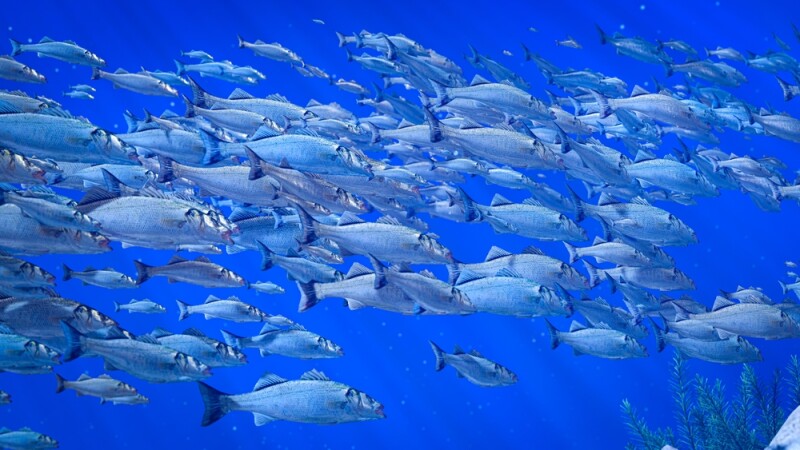Every week, we highlight stories from friends around the internet that put a spotlight on the latest in the 3D technology industry. These stories can take many different forms, whether they be about a new innovation or workflow, an interesting and/or unique use case for 3D technology, or a higher-level look at the state of the sector. Today, we look at the emergence of Gaussian Splatting, the power of large-scale digital twins, and an interesting use of 3D scanning in the marine industry.
Find links to the full articles below.
3D Gaussian Splatting For Reality Capture
James Willoughby | Heliguy
Gaussian Splatting has quickly emerged as one of the most buzzed-about 3D rendering techniques within the reality capture industry, piquing the interest of many. However, even with that interest piqued there are plenty who still need to learn more about the technique and what it can and cannot do today. That becomes difficult, however, given how rapidly the landscape is shifting. This article from Heliguy gets into some of the technicalities with Gaussin Splats and provides a good basis for those interested in learning more.
Digital Twins Map the World and Guide Strategic Decisions
Martin Schwirn | Computer Weekly
We’ve talked a lot over the last few months about the continued emergence of larger-scale digital twins. Rather than the “traditional” digital twins for single buildings or slightly larger campuses, technology is improving to the point that they can be utilized for much larger areas. This article highlights a digital twin for the entire planet, and all of the value that can come from this.
Fish Inspection: How Marexi Marine Technology Leveraged Zebra Technologies’ AltiZ High-Fidelity 3D Profile Sensors
IMVEurope
This space often includes case studies and other examples of 3D technologies being used in ways and industries that we don’t typically think of for the tools, and this fits right in. Here, the article highlights work being done by Marexi Marine Technology, using 3D scanning technology to quickly identify and classify marine species for the fishing industry.






